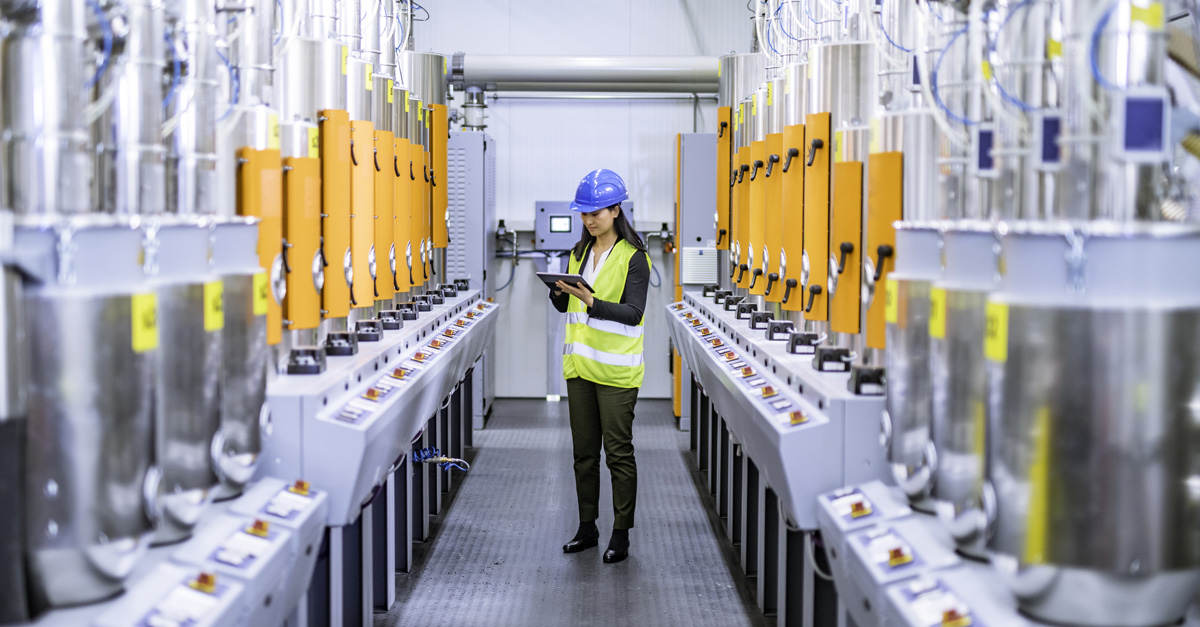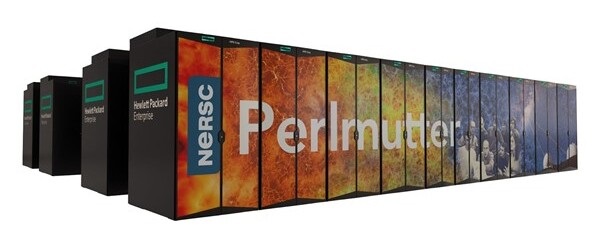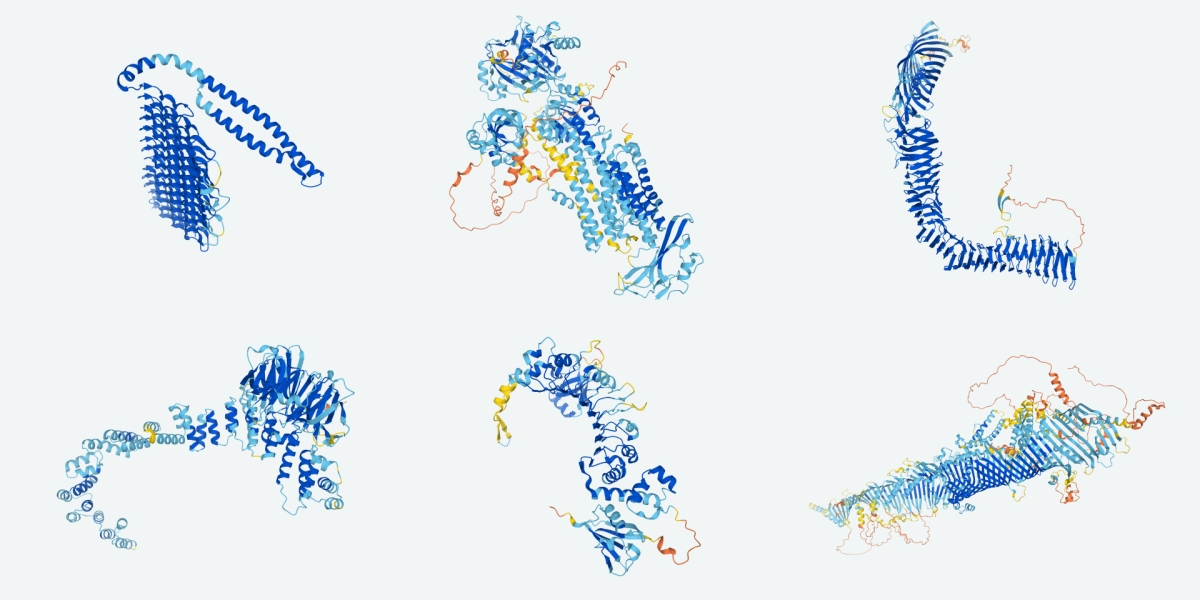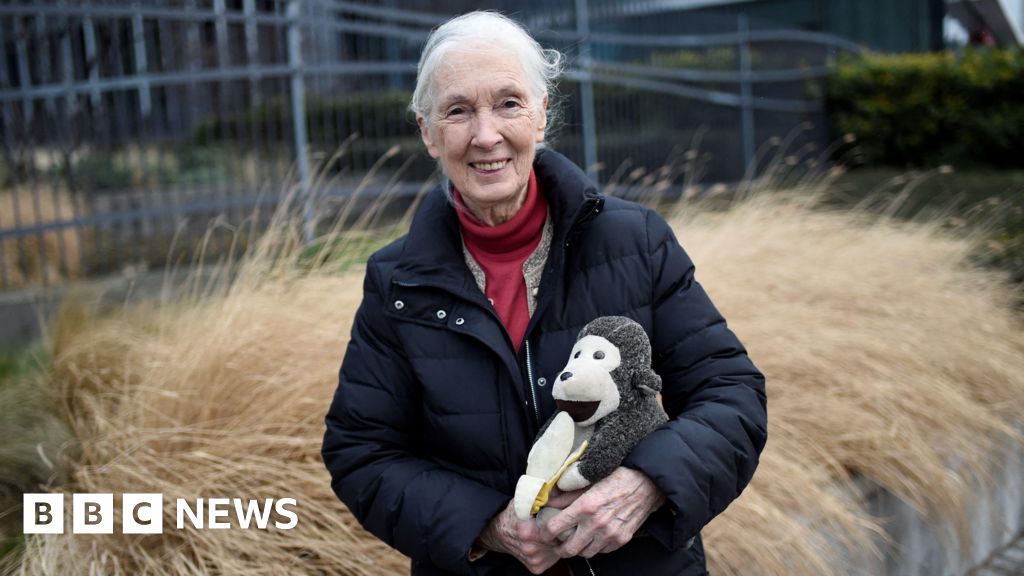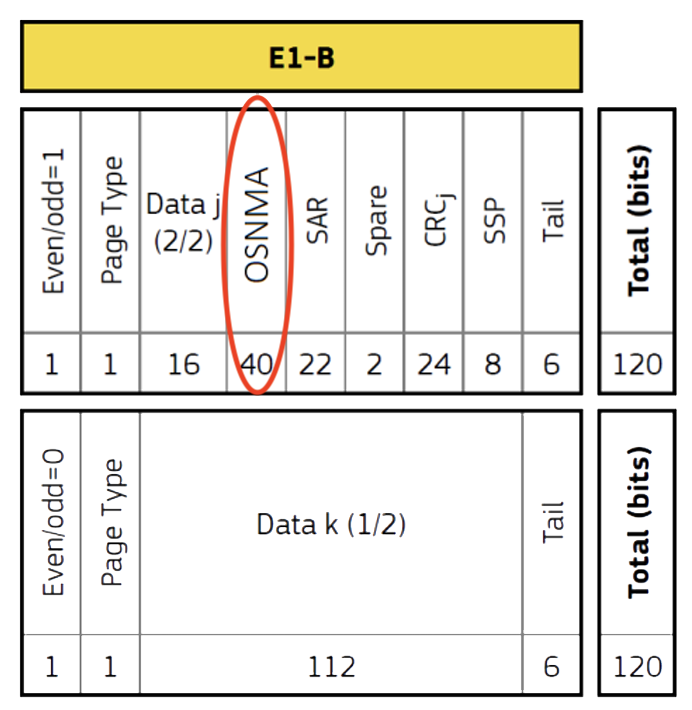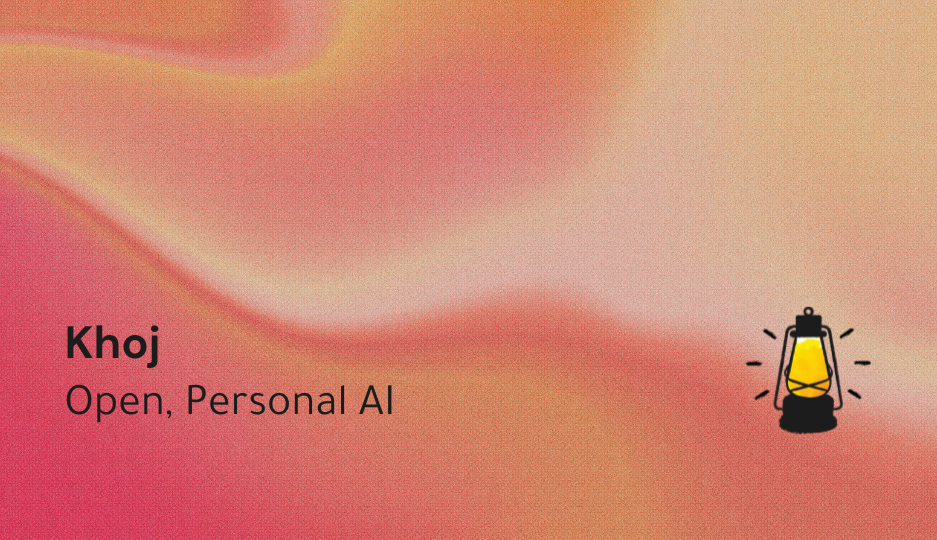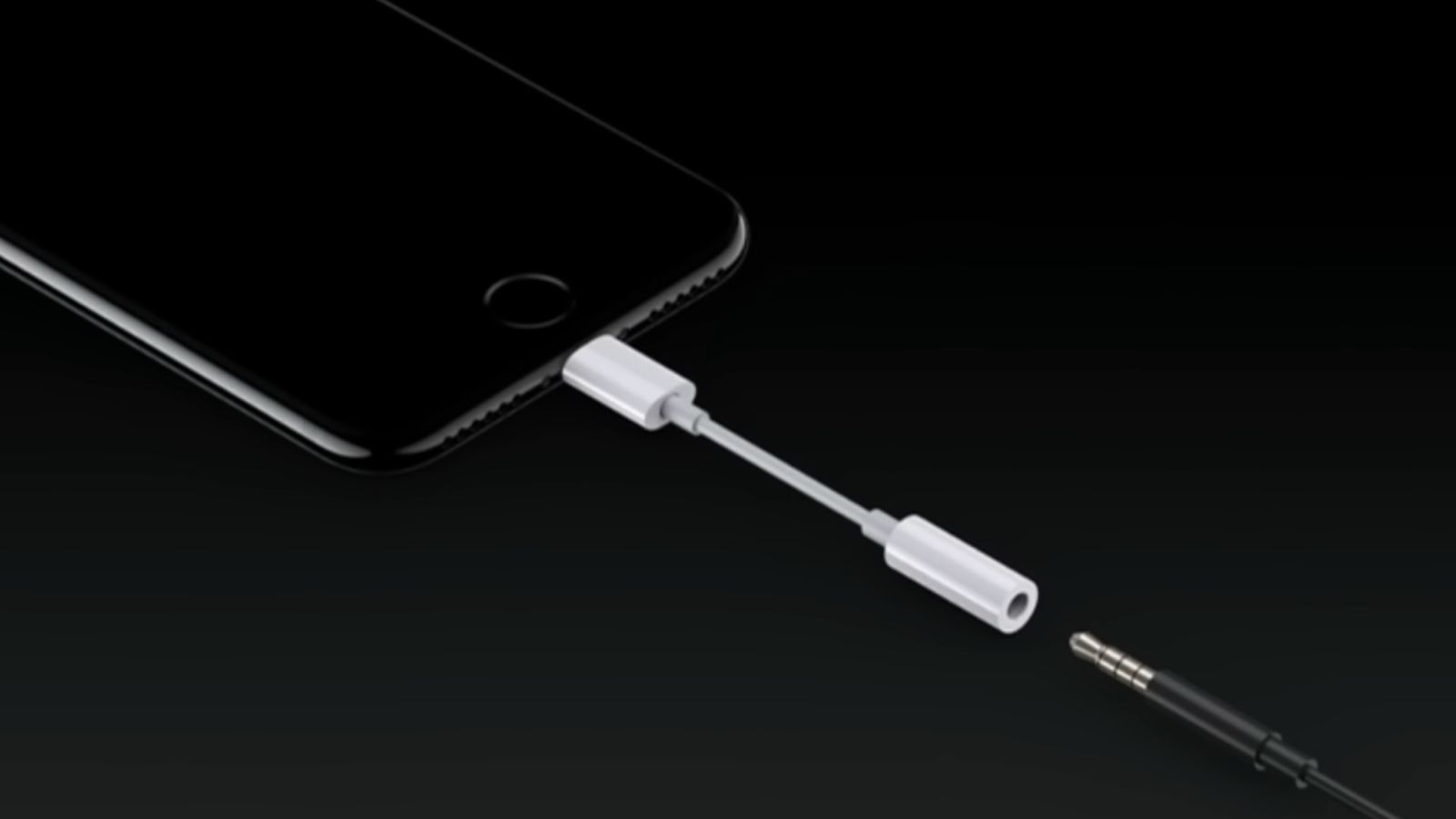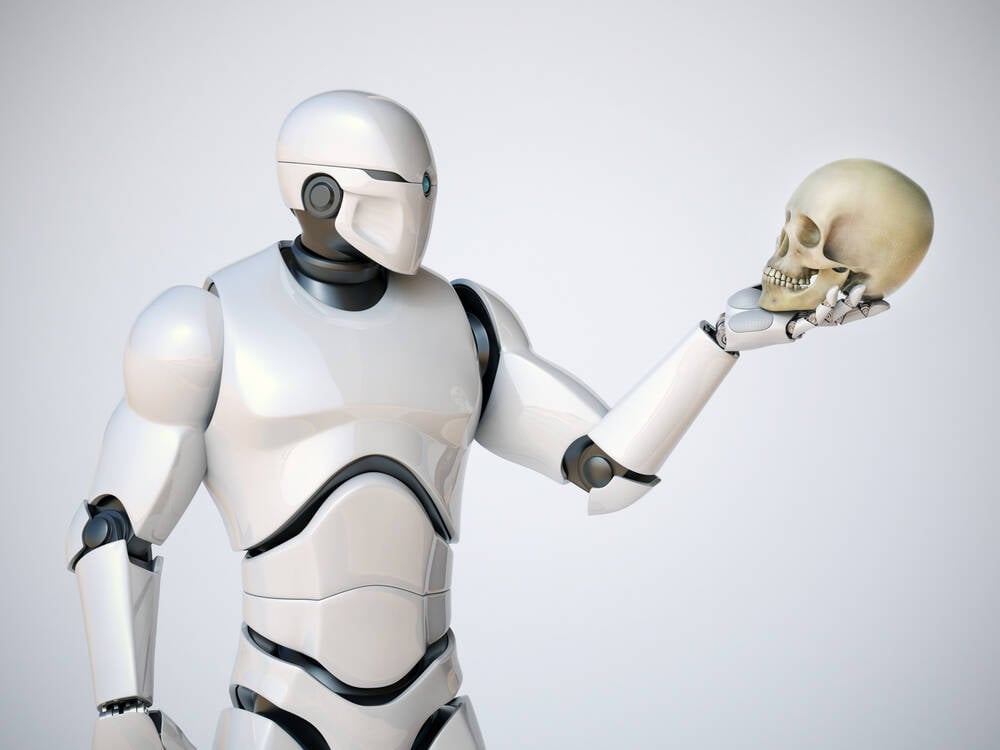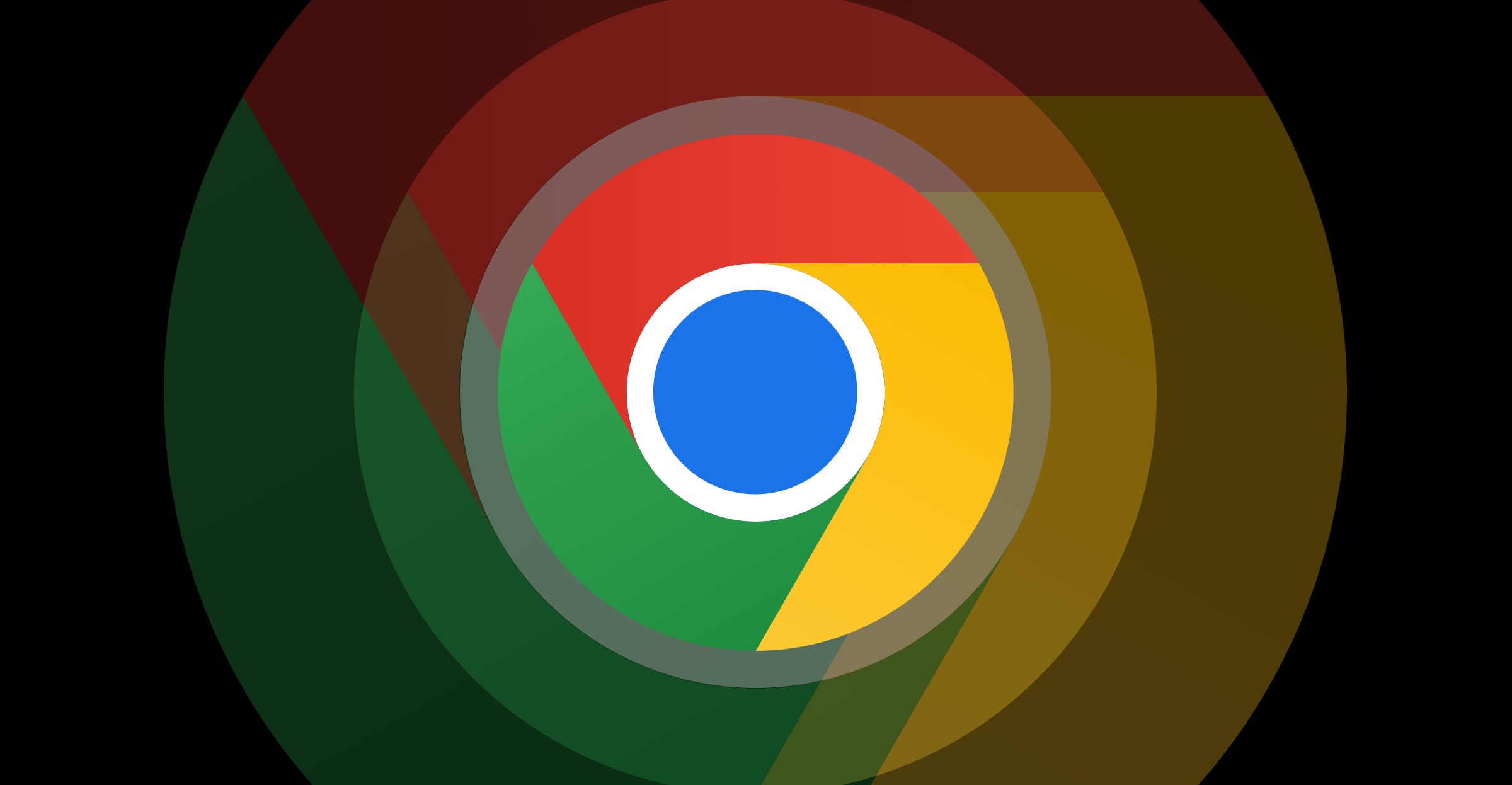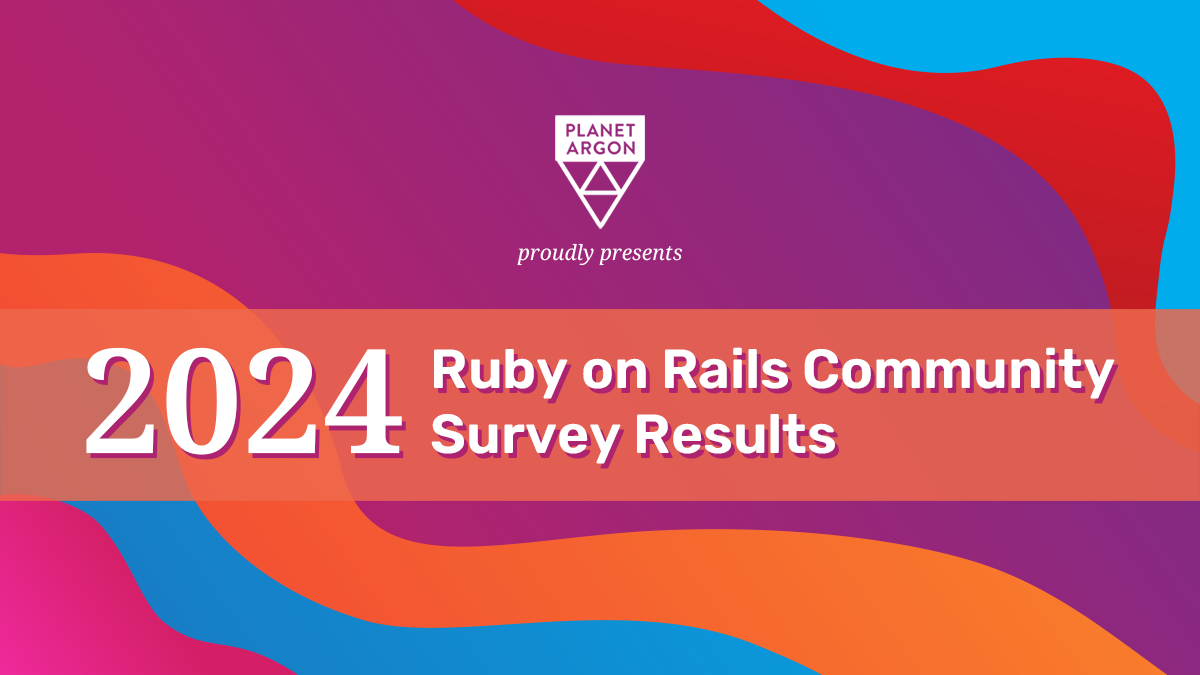
AI Slop is Eating the World
The notification arrived while I was trying to write an email: "Let AI help you craft the perfect message!" I dismissed it, only to have my photo editor suggest AI-generated backgrounds for my latest shots. My browser helpfully offered AI-summarized versions of articles I hadn't even clicked. In the span of five minutes, three different artificial intelligences had volunteered to do my thinking for me — all of them unwanted, all of them mediocre, all of them aggressively confident in their abilities.
This is how the AI invasion actually happens: not with superintelligent machines taking over our power grids, but with a thousand tiny digital assistants slowly eroding our ability to think, create, and communicate on our own terms.
I firmly believe that in the future, even in a couple of years, an overwhelming majority of what you consume will be AI generated. This isn’t inherently bad, because AI can do a fine job of creating valuable things that people want. But today’s reality falls far short of that promise.
I think that everyone believes this because when we talk about what AI is capable of we mean one that’s better than what we have today. We pluck a frontier model from 2030 that has all the kinks worked out: it tells the truth, it has style, accuracy, and it operates at speed.


